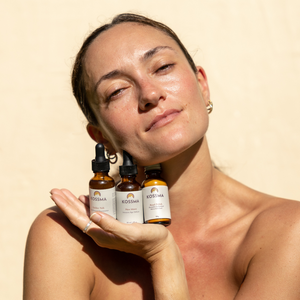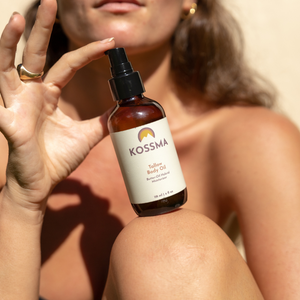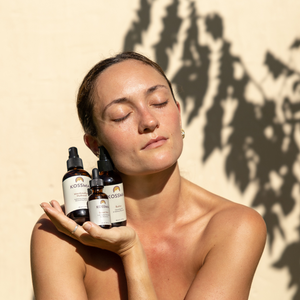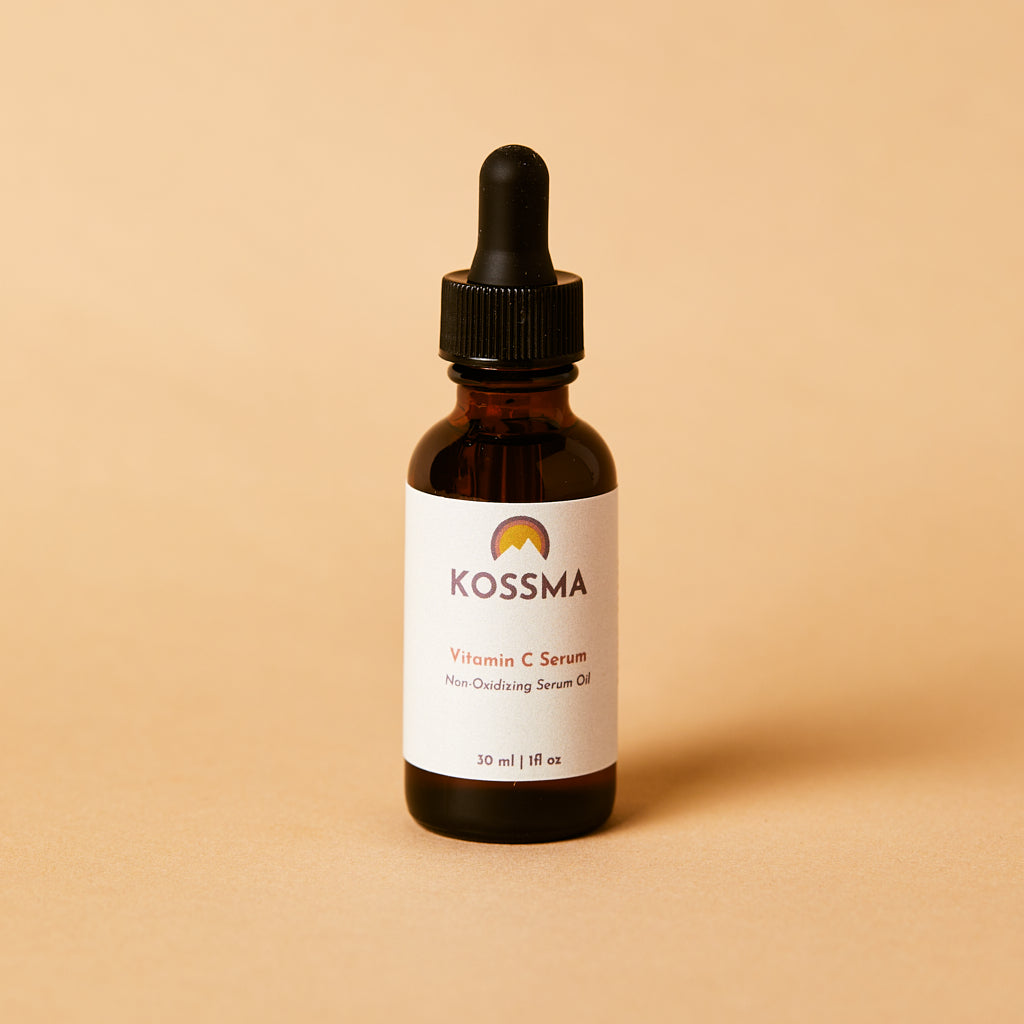In our opinion, using non-oxidizing oil-soluble vitamin C is great for skincare. Ascorbic acid, the commonly used form of vitamin C in most skincare products, always oxidizes and sensitizes the skin to the sun. While some companies claim to have found ways to prevent oxidation, many chemists say that it's not true. Ascorbic acid can also have negative effects on the skin due to oxidation. That's why we use non-oxidizing oil-soluble vitamin C, which doesn't sensitize the skin to the sun and doesn't require pH adjusters. It's clinically proven to lighten dark spots and increase collagen production. Vitamin C is a great ingredient for skincare, but it's important to use a stable and effective form like non-oxidizing oil-soluble vitamin C. It penetrates the skin's lipid barrier and promotes collagen synthesis, neutralizes free radicals, and improves skin tone and texture. It's non-irritating and suitable for all skin types, including sensitive skin. We like it as is a great ingredient for skincare, and use it in our formulations to help improve the overall health and appearance of the skin.
What is Tetrahexyldecyl Ascorbate and How is it Made?
Tetrahexyldecyl Ascorbate is a synthetic, stable form of Vitamin C that is considered a penetration enhancer and helps other active ingredients in the same formula to be more effectively absorbed by the skin. It is a lipid-soluble form of Vitamin C, which means it is able to penetrate the lipid barrier of the skin. The "tetrahexyldecyl" part of the name refers to the fatty acid ester that has been added to the ascorbic acid molecule. This modification allows THDA to be more stable and less prone to oxidation than ascorbic acid. When applied topically, THDA is able to penetrate into the deeper layers of the skin, specifically the dermis, which is the layer where collagen and elastin are found. It is a derivative of ascorbic acid from corn, and the Kossma Beauty chemist makes it for us.









